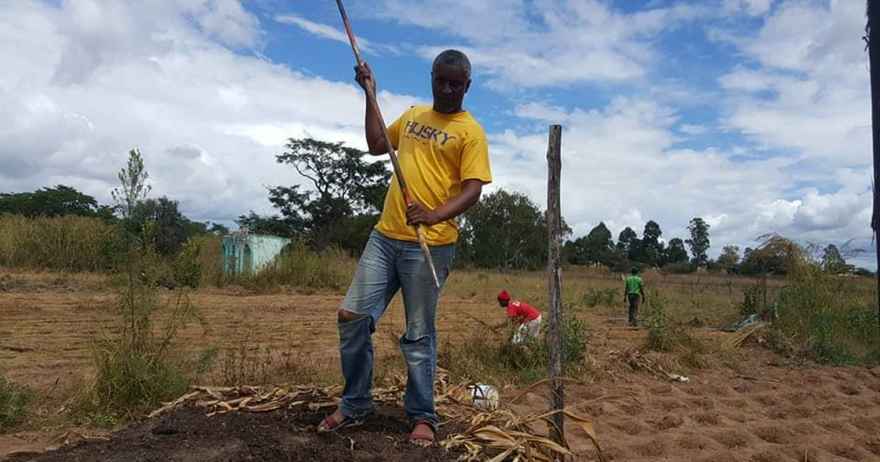One way to achieve this is by focusing on food. Land degradation, biodiversity loss and air and water pollution can all be resolved by the implementation of permaculture farms. A restored soil requires fewer inputs to produce higher yields, which translate into higher profit. Feeding the orphans was the trigger behind the creation of the Trust but step by step, the founders are hoping to build the foundations for a more resilient local food economy that can be both climate and income resilient in the face of global fluctuating challenges. The local population knows that the virtue of wealth resides in the soil, not money, and needs to regain lost knowledge. Soil and its ecosystem are valuable to life. Its health is determinant to our wellbeing, yet soil has no official intrinsic value. The current worldviews and policies favour an economic system that emphasizes on the generation of monetary profit while disconnecting with the true essence of our existence, health and happiness, namely what cannot be bought: peace, love, meaning and above all Nature as a source of water, food and shelter.
Most of Zimbabwe’s agro-economy is based on smallholder farming. Small farms play an important role in supporting rural households, their community and the local economies. Unlike large monoculture fields, which yields high amount of one particular crop (a significant portion of which is wasted), small subsistence diversified farms produce more food and more kinds of food per surface area, despite the smaller scale, and so are more efficient at fighting
against hunger. The right to food production is determinant to the future resilience of the rural community and embraces sovereignty and freedom. Throughout human history, food has always been at the centre of community life, culture, traditions, cooperation, spirituality and celebrations. Its diversity is also the basis for health and survival of individuals, communities, whole ecosystems, and life on Earth. Its stability and success are highly dependent on the holistic understanding and respect for Nature.
The Mangwende Orphan Care Trust was launched to promote empathy, love, collaboration, trust and respect for all living beings, to transition from the current begging attitude (no longer able to depend on the diminishing aid) towards participative contribution by replacing scarcity with abundance. It has the possibility to become a role model for many other places in the region, in Zimbabwe, in Africa or even worldwide.




0 comments
Leave a comment